Indigenous Health
Health from an Indigenous perspective is a whole, and healthy person expressed through a sense of balance of spirit, emotion, mind, and body. Central to wellness is belief in one’s connection to language, land, beings of Creation, and ancestry, supported by a caring family and environment. These resources reflect those beliefs but can be used by any health practitioner to improve the wellness of all people.
Resources
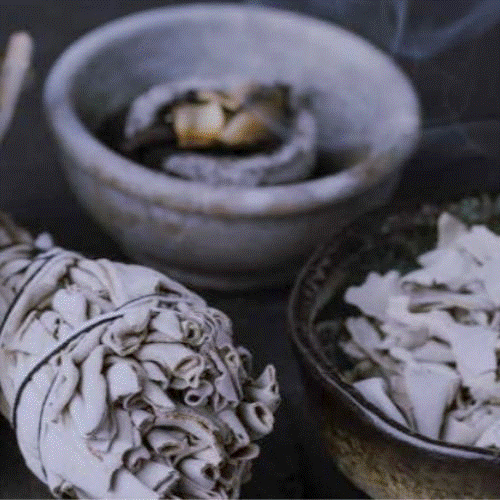
The Indigenous Wellness Framework Reference Guide stems from Honouring Our Strengths: Culture as Intervention in Addictions Treatment
This Reference Guide shares key concepts gathered from the study: Definition of Culture, Definition of Wellness, Indigenous Wellness Framework, and Common Cultural Interventions.
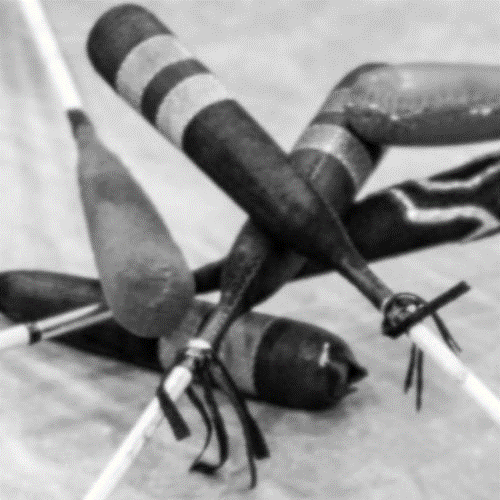
Honoring our Strengths: A Renewed Framework to Address Substance Use Issues Among First Nations People in Canada
Honoring our Strengths: A Renewed Framework to Address Substance Use Issues Among First Nations People in Canada outlines a comprehensive continuum of services and supports, inclusive of multiple jurisdictions and partners, to strengthen community, regional, and national responses to substance use and associated mental health issues among First Nations people in Canada.
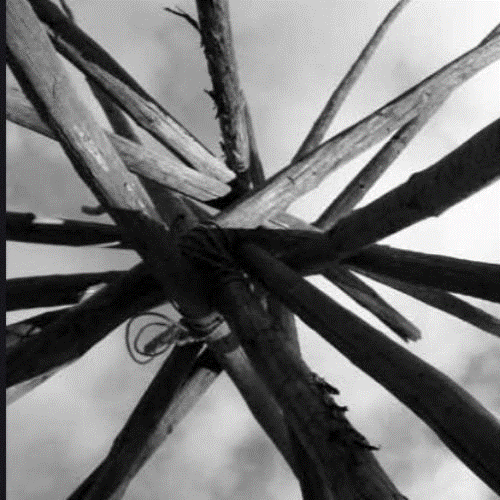
First Nations Mental Wellness Continuum-Summary Report
The framework developed in partnership with First Nations, the First Nations Mental Wellness Continuum Framework (the Framework) presents a shared vision for the future of First Nations mental wellness programs and services and practical steps towards achieving that vision.
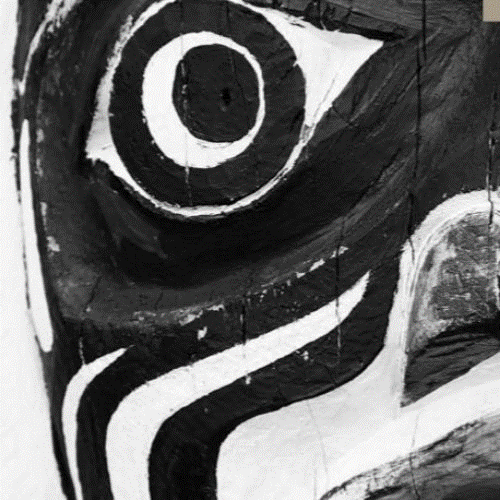


Sharing Our Wisdom: A Holistic Aboriginal Health Initiative
Using a participatory action framework, this study focused on understanding and describing Aboriginal traditional healing methods as viable approaches to improve health outcomes in an urban Aboriginal community. knowing.



Completing the circle: Towards the achievement of IND-equity – A Culturally relevant health equity model by/for Indigenous populations
Health equity is defined in ways that espouse values of social justice and benevolence and is held up as an ideal state achievable by all. However, there remains a troubling gap in health outcomes between Indigenous peoples and other Canadians.



Stories from our Elders
The Stories in this direction reflect our spirituality, our cultural worldview based on teachings gifted to us beginning at birth through our ancestral languages. As newborns, we are blessed with familial love, communal love, and universal love.
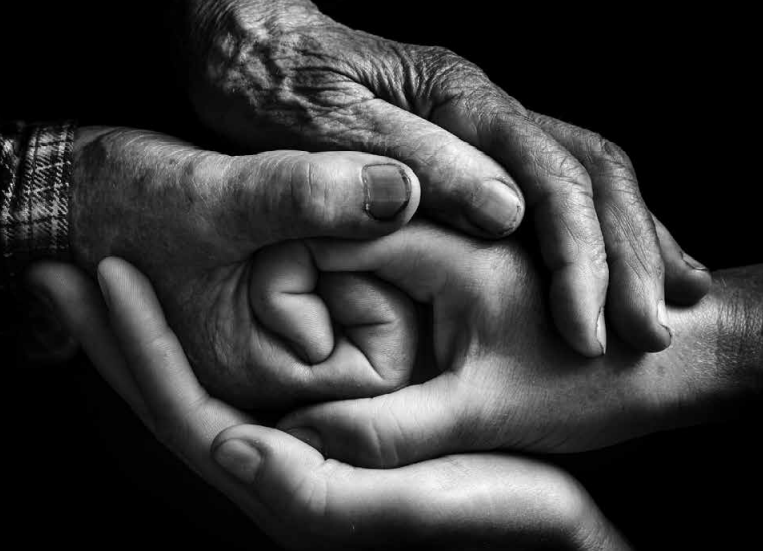

Nursing, Indigenous Health, Water, and Climate Change
Nurses have a duty to uphold the right to health. Clean water is vital for health as an inclusive right for all people, yet access is threatened by climate change. Complex impacts of colonization on climate change has resulted in two key problems: lack of clean water access by Indigenous Peoples and marginalization of Indigenous traditional teachings that support water protection. Indigenous teachings of living in harmony with Mother Earth are important contributions to global water policy and health solutions. Indigenous traditional laws on water protection may be understood through Indigenous water declarations. Nurses have an importantopportunity to respect traditional teachings noting interconnections of health, water, and climate change to advance health. Water is life.
Elders Voice
Language and Climate Change
Climate and Community
Stay Informed
We are continually evolving to meet your needs Stay Informed and up-to-date.
